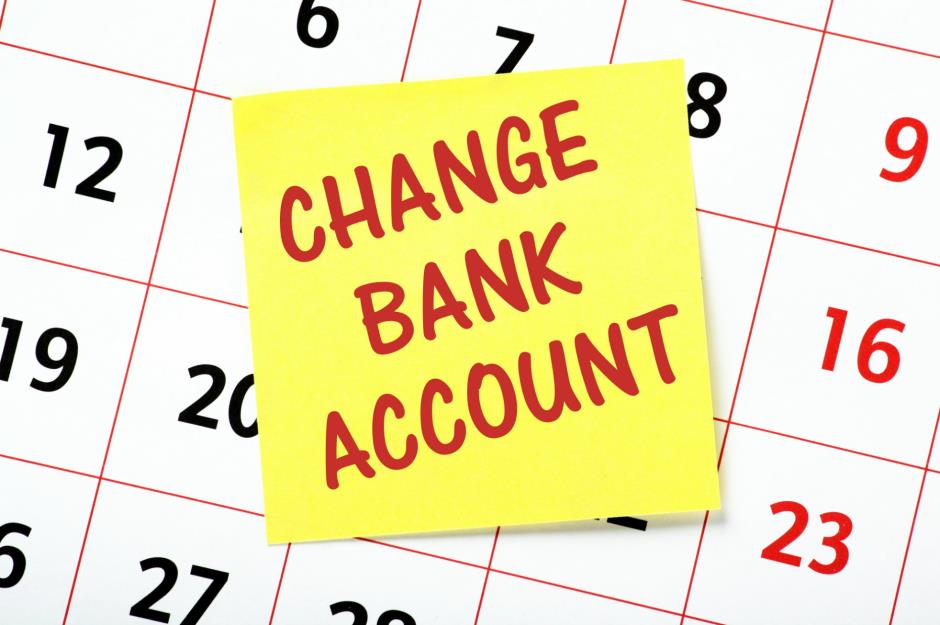2025 money challenge: pocket more than £16k
Finances in need of a boost?

Have your finances taken a battering over the festive period? Take our money challenge and see how much extra cash you could pocket this year.
We've calculated that someone who completes all these steps will pocket more than £16,000 in 2025!
And even if you've made a few of them already you could still be thousands of pounds better off.
1. Switch to a SIM-only deal – pocket £352 a year

Once you reach the end of your mobile phone contract, you will have paid off the cost of your handset.
But some mobile phone users may be paying the same as when they first signed up.
According to uSwitch, switching from a bundled contract to a SIM-only deal could save you up to £352 a year.
You can compare mobile deals with Carphone Warehouse today.
2. Ditch your broadband deal – pocket £163 a year

Most broadband contracts last 12-18 months so if you’ve not switched in the past year, you could be paying more than you need to.
Price comparison site uSwitch estimates the average household pays £163 more a year when they fail to switch to a new contract when their current broadband deal ends.
Find a new broadband deal today using comparison websites like Broadband Genie and uSwitch.
Sponsored Content
3. Try streaming TV – pocket £426 a year

On average, we spend £528 a year on paid TV subscriptions that we barely use or only have for some channels.
You can save by switching to a streaming service like Now TV, which allows you to watch Sky TV, movies and sports channels without a contract.
Right now for example, the entertainment pass costs £6.99 a month for the first six months, and then £9.99 a month, so for a year you'll pay £101.88, which means you could save £426.12 compared to a traditional subscription.
4. Shift debt onto a 0% card – pocket £600 a year

The Money Charity estimates the average credit card debt per UK household is £2,524.
Assuming the balance attracts the average credit card interest rate of 23.8% APR, you're going to be charged around £50 a month in interest, or £600 a year, if you're only making minimum payments.
You can therefore make big savings by shifting debt onto a fee-free 0% balance transfer credit card.
You can view our roundup of the best fee-free 0% cards here, while the longest (fee-charging) 0% cards can be found here.
5. Earn while you shop – pocket up to £345 a year

Cashback websites like TopCashback and Quidco allow you to earn money on purchases when you shop via tracked links.
Quidco claims the average annual cashback per member is £280, while TopCashback says members typically make £345 a year.
Sponsored Content
6. Use family subscriptions – pocket: £335.64 a year

Save on individual monthly subscription fees by switching to a family package.
Spotify Premium, for example, costs £11.99 a month, but with Spotify Premium for Family up to six people at the same address can share for £19.99 a month.
Assuming you have four separate accounts, you'd save £335.64 a year.
7. Take in a lodger – pocket £7,500 a year

Thanks to the Government’s Rent a Room scheme you can currently earn up to £7,500 in rental income free of tax if you have a spare room and take in a lodger.
That means a lodger paying up to £625 a month won’t cost you a penny in tax! However, you must declare this income on your Self Assessment Tax form.
8. Stop buying lunch and coffee at work – pocket £1,500 a year

It’s an age-old trick that can work wonders for your finances.
If you spend £2 a day on coffee and £5 a day on lunch, you could be wasting £35 a week or £1,820 a year.
Bringing in your own from home could mean you spend £7 a week instead, taking your costs to £364 over a year and saving you just under £1,500.
Sponsored Content
9. Rent out your parking space - pocket £1,560 a year

If you have a driveway outside your home that you don’t always use, you could rent it out through a site like JustPark.
If you charged £6 a day, five times a week, for a year you would make £1,560.
10. Switch your mortgage – pocket £2,148 a year

Mortgage rates are undoubtedly higher than they've been in previous years, but that doesn't mean you won't save by switching to a best buy deal – especially if you've recently reverted to your lender's Standard Variable Rate (SVR).
On a £150,000 repayment mortgage lasting 25 years, a deal charging 6.5% would cost £1,013 a month.
Remortgaging to a 4.5% rate would reduce that to £834 – saving you £179 a month or £2,148 in a year. Just watch out for Early Repayment Charges and high product fees when weighing up how much you could save.
11. Stop hoarding gadgets - pocket up to £450

Got an old mobile or gadget that you don’t use? Don’t leave it gathering dust, flog it online!
You can sell on eBay, or use a recycling site and see who will pay you the most.
One of the best prices for a used iPhone 13 128GB handset we found was £310 from MusicMagpie and on eBay there are many on sale for around £400.
Sponsored Content
12. Quit auto-renewing car insurance – pocket up to £301 a year

A great way to save money is to make sure you don’t fall into the trap of auto-renewing on things like car insurance.
Price comparison site MoneySuperMarket recommends that you don’t auto-renew your car insurance, estimating that you could save up to £301 by shopping around for the best quote.
See if you can get cheaper car insurance at MoneySuperMarket.
13. Switch your current account – pocket up to £200 a year

Take advantage of the cash bribes banks are pushing to encourage people to switch current accounts.
First Direct and Nationwide currently offer the biggest switching incentives at £175, but there are a host of banks willing to pay you to join.
Find out more about the best bank switching incentives on offer here.
14. Detox ‘zombie’ subscriptions - pocket £468 a year

People are spending an average of £39 a month on subscriptions they don’t use or need, according to research by NatWest.
Unwanted regular payments included things like magazine subscriptions, gym memberships, apps, wine club membership and charity donations. Over a year, these ‘zombie payments’ could be costing you £468 so it could be time for a spring clean.
Sponsored Content
15. Chase the best rate for your emergency savings – pocket £58 in a year

Millions of savers currently have savings accounts paying 1% or less, according to savings platform Raisin.
On a pot of £1,000, that means you would earn £10 a year at best.
By contrast, you could get up to 4.79% from a one-year fixed-rate bond today, meaning you would earn almost £48. Miles better!
16. Save on prescriptions – pocket £123 in a year

If you have to pay for a lot of prescriptions, you could save with a prescription prepayment certificate (PPC).
A prescription costs £9.90 an item but with a PPC you pay a one-off £32.05 for three months or £114.50 for 12 months for as many as you need.
The one-year PPC makes sense if you need over 12 prescriptions a year and a three-month PPC makes sense if you need four or more. Someone who needs two prescriptions a month would save £123.10 with a one-year PPC.
17. Shop around for a cheaper loan – pocket £98 in a year

The average rate on a £5,000 personal loan is around 10.8%, based on Which? data from October. However, the best buy personal loan rate for that amount is just 7.2% (from Tesco Bank).
Assuming you borrowed over three years, you'd save more than £98 a year in interest by shopping around for a cheaper loan.
See our roundup of the best rates available today in our personal loans roundup.
Sponsored Content
Congratulations! You’re £16,628 better off

Congratulations! You’ve completed the money challenge.
If you’ve managed to do everything in our list, you have saved a whopping £16,628 this year. Share with friends and family to help improve their finances.
Comments
Be the first to comment
Do you want to comment on this article? You need to be signed in for this feature